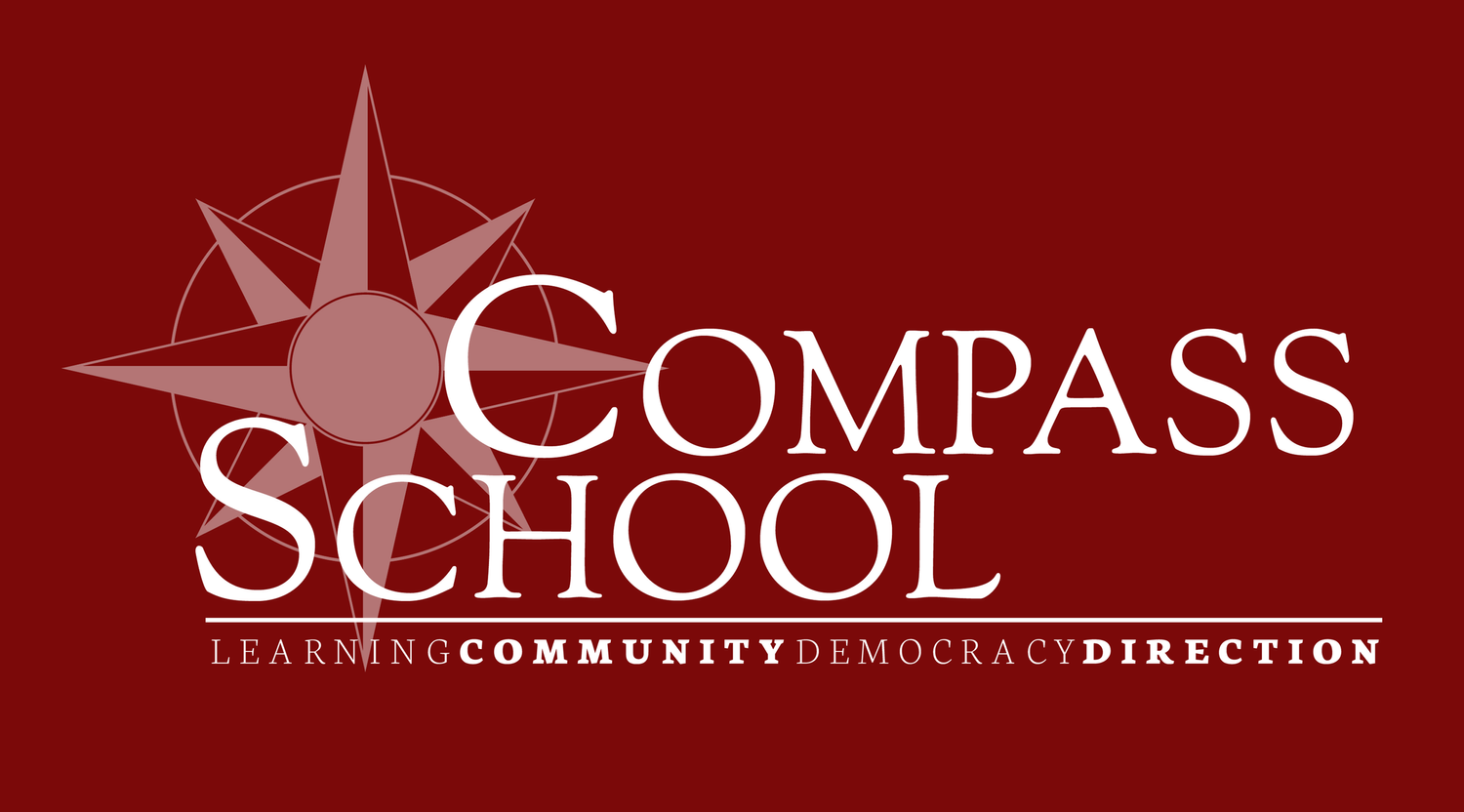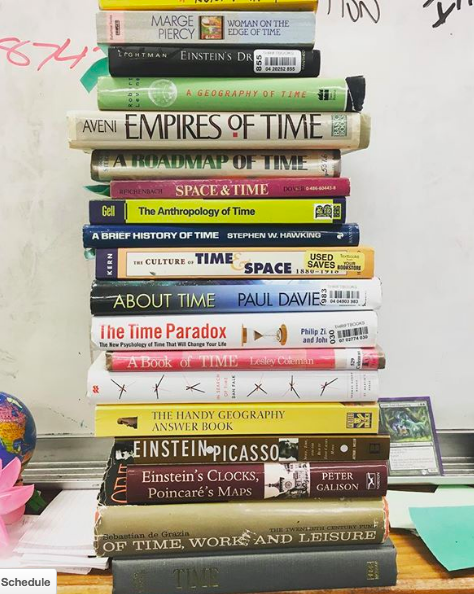High School Class Descriptions
GRADES 9 & 10 HUMANITIES CYCLE
Social Sciences
The United States and its Relation with the World
Students develop an understanding of the principles that define the US as a country, how events are related over time, how to weigh historical evidence and make historical arguments and how geography and economic, political, cultural, and social forces have affected the evolution of American society. Topics include: Founding Principles, Colonization and Independence, Foundations of Government, Expansion, Civil War, Reform Movements, International Engagement, Civil Rights and Social Justice, Economic Expansion, and the U.S. as Superpower.
English
Communication Skills include: the structure of English and the ability to analyze and edit written work, the process of writing expository paragraphs, essay writing, research, and delivery of verbal presentations. Literature focuses on American work. Poetry, film, drama, journalism and other media are also included.
GRADES 11 & 12 HUMANITIES CYCLE
Social Sciences
Passages to the World Beyond: Students look beyond their own borders and focus on learning about people and places around the world and in different eras. They develop an appreciation of cultural diversity and how individuals and countries are shaped by geography, history, economic and social forces.
Topics: Ancient and Modern perspectives of Western and Non-western Civilizations, Identity and Attitudes toward the Individual and Society, Study of the Future of Humankind and the Individual. Students may develop an awareness of other cultures first-hand through travel and student exchange programs. A second strand of studies encourages students to look ahead to their own passage into life beyond high school. Development of a resume and post high school plan are required.
English
Writing Workshops cover essay writing, research, creative writing and other writing supporting work in the Humanities Block. Literature choices focuses on World Literature and includes historic, contemporary, and non-fiction selections.
GRADES 9 -10 & 11- 12 SCIENCE CYCLES
Science (from National Science Education Standards)
Subjects such as Environmental Science, Biology, Chemistry and Physics are taught through an integrated approach applying math and technology as appropriate. The following topics are the basis for all science instruction:
Science as Inquiry: ability to do and understand scientific inquiry.
Physical: structure of atoms, structure and properties of matter, chemical reactions, motion and forces, conservation of energy and increase in disorder, interactions of energy and matter.
Life Science: the cell, molecular basis of heredity, biological evolution, interdependence of organisms, matter, energy and organization in living systems, behavior of organisms.
Earth and Space: energy in the earth system, geochemical cycles, origin and evolution of the earth system, origin and evolution of the universe.
Science and Technology: develop abilities of technological design and understandings about science and technology.
Personal and Social Perspectives: personal and community health, population growth, natural resources, environmental quality, natural and human-induced hazards, science and technology in local, national and global challenges.
History and Nature of Science: science as a human endeavor, nature of scientific knowledge, historical perspectives.
Technology
As part of ongoing instruction concepts included are: basic operations/concepts, social, ethical and human issues, and technology as a tool for productivity, communication, research, problem solving and decision-making. Skills are developed through use and instruction in the academic and exploratory programs. Practical skills include: applications, reference retrieval and citation, internet research and special projects including graphic and animation art, scanning, digital camera use, and presentation skills. Use of these skills, such as Powerpoint, Excel and Digital Editing are necessary to document and present learning publicly and to develop the personal portfolio of learning.
MATHEMATICS
Math skills are developed through traditional and non-traditional approaches. Hands-on activities that encourage “real-world” learning and problem solving are a regular part of instruction. Areas addressed include:
Transitional Math Trigonometry
Algebra I Pre-Calculus
Algebra II Calculus
Geometry Statistics/Probability
WORLD LANGUAGE AND CULTURE
Instruction follows a fluency-first approach that aims to develop the student’s ability and comfort with speaking, listening and understanding the language. As students develop verbal ability, they enter the world of the written word, through writing and reading in the target language. The complexity of structures, vocabulary and grammatical form increases as students progress. Students gain knowledge, understanding and appreciation of other cultures and become more aware of their own by comparison. Each level of Spanish generally takes two years to complete.
Spanish I – IV
Cultural and Language Immersion
Conversation and Current Events
Literature and Culture
Compass Graduation Requirements
Humanities Block
English
Social Studies
(Includes American Studies, History & Government and Global Studies)
4 Credits
Science/Tech Block
Science (with lab) 4 Credits
Technology 1 Credits
Mathematics
(Acceptable completion of Algebra I, II & Geometry required) 3 Credits
Foreign Language (in same language)3 Credits (with proficiency requirement)
The Arts (.5 per year) 2 Credits
Physical Activity (.25 per year) 1 Credit
Health (.25 per year) 1 Credit
Other Electives
(May include School/Community Service, Project Weeks, Portfolio
Development and/or Independent Study) 2 Credits
Total Required: 25 Credits





